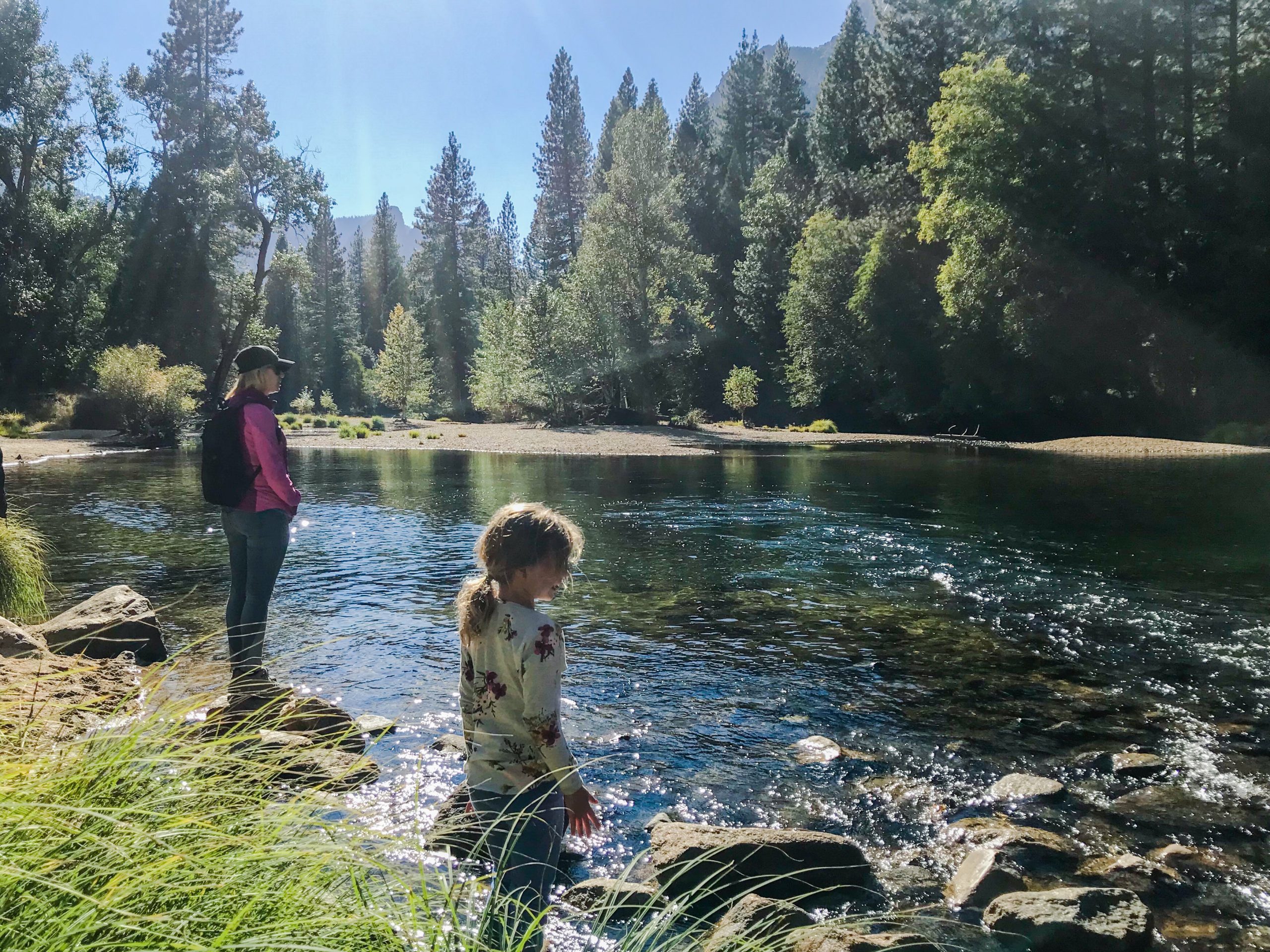It is an indisputable, undeniable fact that the COVID-19 pandemic has had a tremendous impact on humanity and our way of life. Hundreds of thousands of lives lost, careers and businesses ruined, events postponed or completely canceled, with absolutely no certainty about when – and if – our lives will ever return to normal. And perhaps returning to the same normal shouldn’t be our primary goal.
The planet, with its unbelievable ability to heal, has been revitalized during this time of shelter-in-place and quarantine. As manufacturing decreases and people work from home – and avoid cars and airplanes – carbon emissions have plummeted. Air quality has bounced back even in some of the most polluted areas in the world. Residents in Punjab, India say they are able to see the Himalayan Mountains clearly from their homes for the first time in 30 years (SBS Hindi). According to a UCLA professor, air quality in Los Angeles, California improved by about 20% in the end of March. While it’s unclear if the nationwide lockdowns are solely responsible for the increased visibility and improved air quality, the reductions in emissions will slow the impacts of climate change, at least in the short-term.
Water quality and ocean health are improving as well. With a significant decrease in global shipping, recreational boating, and fishing, marine species are experiencing some of the quietest and safest conditions they’ve seen since the turn of the century. A maritime patrol boat captured footage of fin whales swimming through the Mediterranean waters off the coast of southern France (The Guardian), a rare sighting that suggests wild animals are roaming more freely while people isolate indoors.
Beaches around the world are closed, which has allowed critically endangered hawksbill sea turtles to nest in areas that have historically been overrun by tourists, such as in Paulista, Brazil (The Guardian). Researchers at the Mai Khao Marine Turtle Foundation have found the highest number of sea turtle nests on Phuket, Thailand’s most popular resort island, than they have in the last 20 years (CNN Travel). The typical influx of plastic pollution that normally accompanies holidays like Mardi Gras and Easter has pretty much come to a halt.
There have also been some trade-offs – many restaurants are using more to-go materials and disposable packaging since customers can’t dine-in. Grocery stores and coffee shops are prohibiting customers from using their own reusable items, such as mugs and shopping bags. Plastic gloves and medical masks are finding their way into storm drains, which connect to rivers and oceans. But overall, the health of our planet seems to be in better shape now than it was just a month ago.
All of which begs the question, when the pandemic is finally, mercifully, behind us, should we really return to the way things were? Perhaps there are some lessons learned that we can bring with us into the future to change our relationship with the earth and its resources. We can take a closer look at the way we live our lives, and the way we conduct business, and embrace lifestyle choices that protect the planet.






